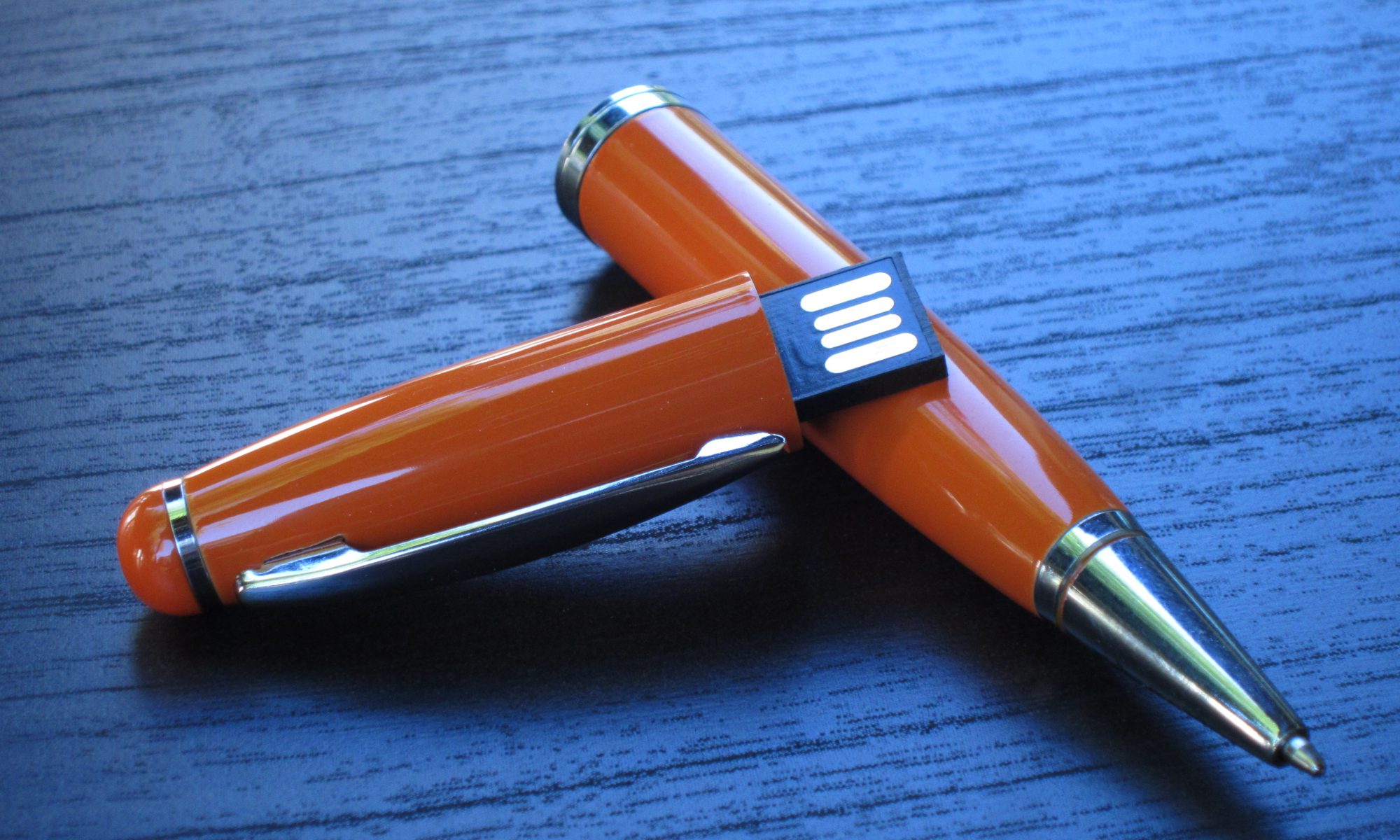When we buy flash drives for backup or just easy storage, we want the best. Our data is important, why risk it with a no-name brand? Some names have established themselves as the best in the market such as Patriot, Corsair, and OCZ. These brands usually have great quality and are always pushing speed envelopes. However, with time, in such competitive market as flash memory, the quality and/or speed may see some deterioration.
If you try doing comprehensive research into reviews and performance tests over several years, you may notice that even the most bleeding-edge of technology companies do not necessarily hold their ground for a long time. It is important to update your knowledge with the most up-to-date information if you want the best for your data.
One of my favorite technical publications, Tomshardware.com reports: “When reviewing the performance data, we compare our expectations from a USB 3.0-capable device with the measured performance numbers. And here we find some discrepancies that should not exist, especially since we’re talking about products that imply high performance. When writing small files, PQI’s 300 KB/s or Patriot’s 800 KB/s are absurd. Many of the tested devices easily wrote 7.5 to almost 20 MB/s. The task is far from impossible, and these results simply mean that manufacturers with the poorly-performing products need to go back to the drawing board.
Combined sequential reading and writing of various file types also caused some products to hit their limits rather quickly. While Kingston’s Data Traveler Ultimate 3.0 performed well in other tests, it froze at 8 MB/s of combined reading/writing. PQI and A-Data didn’t fare any better.
The overall conclusion is a bit of urgent advice from us: do not purchase USB 3.0 flash drives without reliable test data in your hands. The probability that the SuperSpeed USB logo is being used to sell a technically inadequate product at a premium price is simply too high.”
Check out the complete review – “Nine USB 3.0 Flash Drives For Road Warriors” via Nine USB 3.0 Flash Drives For Road Warriors : High-Performance Drives.

